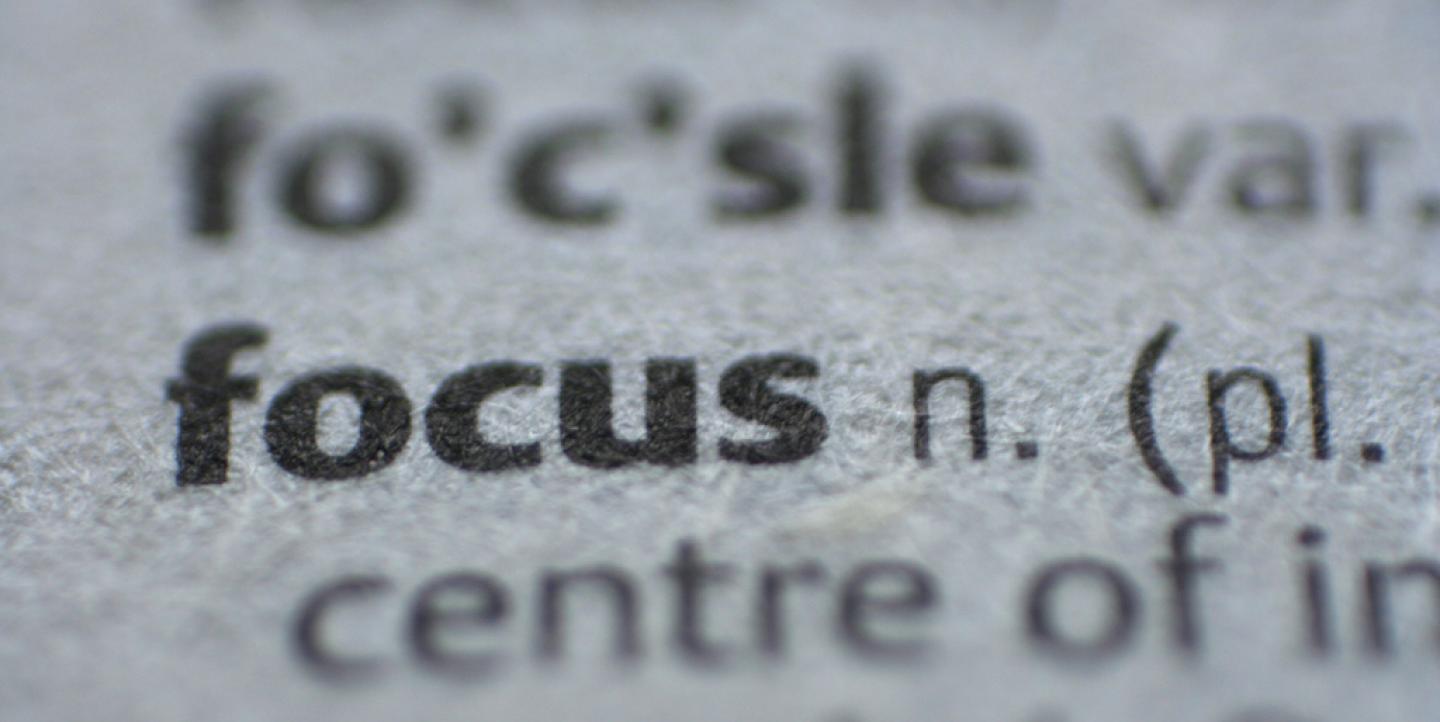While you're reading this sentence, your browser probably has multiple windows open, including email and social networks. Although journalists do need to stay informed, many of the technologies we use to keep abreast of the news actually make it harder to concentrate on the assignment at hand.
How can you organize your work and improve your concentration? The book Manage your Day to Day: Build Your Routine, Find your Focus and Sharpen Your Creative Mind compiled advice from 20 artists, writers and successful entrepreneurs. Here are some of the book’s ideas and how journalists can use them to stay focused:
1. Distinguish the urgent from the important.
We live in an era of "reactive" labor, in which our inbox, and others' priorities for us set our pace. Poet and productivity coach Mark McGuinness, believes we waste our most creative hours on monotonous tasks. He suggests adopting the maxim, “The creative work comes first, then the reactive.”
2. Break away from the tyranny of email.
Behavioral economic researcher Dan Ariely explains that email acts as source of temptation and as a random reinforcement mechanism. If you check your email every five minutes, you probably won’t find something interesting each time. But every so often, you’ll get something you were hoping to receive, and that’s what keeps you coming back. It’s a good idea to turn off the alerts that tell you every time you get a new message.
3. Use creative triggers.
Playing specific music, sipping a drink or even writing in a specific notebook can function as "creative triggers" that tell your mind it's time to get busy.
4. Schedule your time.
Even if you work on your own, it’s important to set a beginning and end time for your work day and to build in blocks of time for different types of tasks.
If writing is one of those tasks, author Cal Newport suggests setting aside a portion of the day to write without interruption: no Internet, no phone, nothing. Also try out OmmWriter, a minimalist word processor that fills the screen and lets you focus on words alone.
5. Remember to take breaks.
If you work in an office, this might mean taking five minutes to gab over a cup of coffee with a colleague. For those who work alone, it’s easy to spend hours on the computer without taking a break. Remember that, unlike computers, we are not built for work at high speeds for long periods of time, says Tony Schwartz, founder of The Energy Project. Take a few minutes every hour to recharge and rest your eyes.
6. Stop trying to multitask.
“It may seem that we are super-efficient, doing two or more things at once,” notes psychologist and writer Christian Jarrett. "But really we're just doing one thing, then another and another again, with much less skill and precision that if we did only one job at a time."
7. Think before you connect.
Be mindful about why you are opening up Twitter or Facebook, says Lori Deschene, founder of Tiny Buddha. Are you looking at Twitter because you want to search for information or because you're procrastinating? Are you searching for a source on Facebook or mindlessly checking out pictures of your primary school classmate’s pet?
What practices or rituals help you eliminate distractions and do your best work?
Gabriela Manuli is IJNet's Spanish editor.
This post was originally written in Spanish. It was translated into English and edited by Jennifer Dorroh.
Photo: Courtesy of ihtatho via Flickr with a Creative Commons license.

